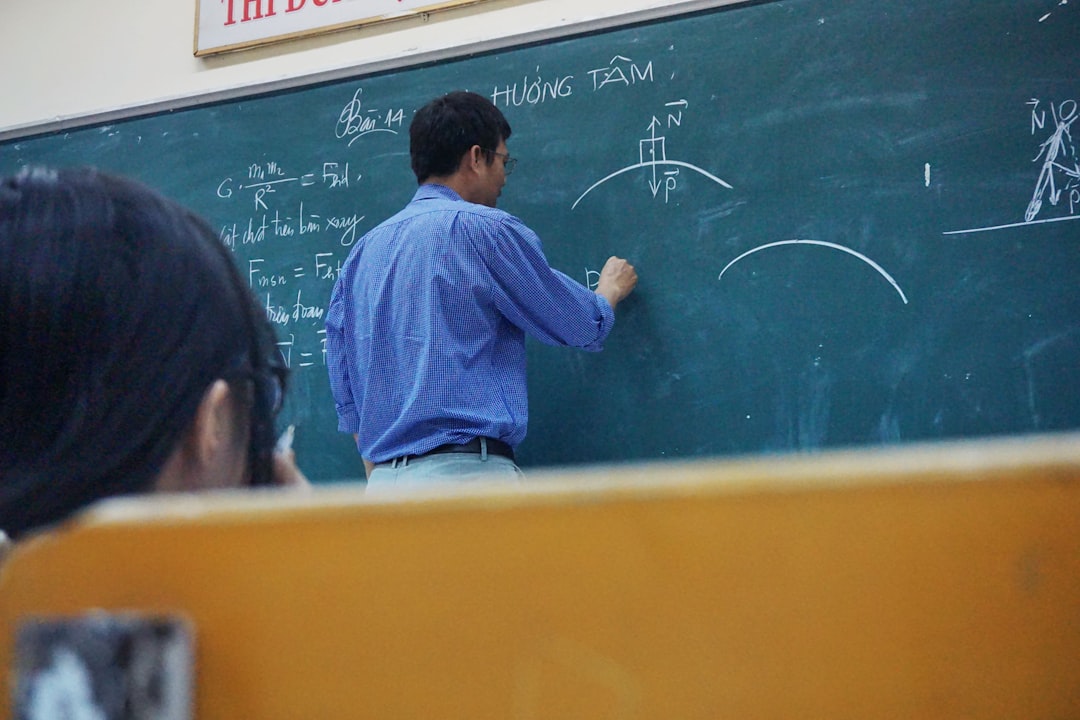What is it about?
While much of the focus in economics has been on the growth of human capabilities or "human capital accumulation," there's been less emphasis on how these capabilities decline or "depreciate" as people age. Our research delves into this less-explored area by looking at the effects of retirement schemes on cognitive functions in older adults. Using the National Rural Pension Scheme (NRPS) in rural China as a case study, we found surprising results. Although retirement programs, like NRPS, are designed to provide financial security during the golden years, our research shows that there might be unintended side effects. Specifically, those who benefitted from this pension program exhibited a decline in cognitive performance – their ability to recall information (both immediate and delayed) decreased. Why is this significant? Well, challenges with delayed recall are often linked to early signs of dementia in the elderly. Our findings indicate a decline of about 12% from the original cognitive performance levels after four years of receiving the program's benefits. In more relatable terms, a 5% reduction in total word recall abilities can be likened to a 1.7% drop in general intelligence when compared to the broader population. These findings were consistent even when we applied different measurement methods, emphasizing the robustness of our results. Moreover, the longer someone was part of the program, the steeper their cognitive decline seemed to be. Our study sheds light on a vital aspect: retirement schemes might offer financial security, but they may also inadvertently accelerate cognitive decline in the elderly. This underscores the importance of understanding the broader implications of such policies on senior individuals' well-being.
Featured Image

Photo by Bruno Aguirre on Unsplash
Why is it important?
While much of the economic research has centered on how people develop skills and knowledge, there's been a gap in understanding how these attributes decline, especially cognitive abilities in our later years. Yet, modern neuropsychological studies hint that even as we age, our brains retain a degree of flexibility, making cognitive enhancement possible. So why is this important? Cognitive health directly impacts decision-making, which is particularly essential for the elderly. This age group often grapples with intricate decisions regarding finances, healthcare, and long-term care – choices that carry hefty economic repercussions. This is even more pertinent in rural areas, where there might be limited resources or institutions to assist the elderly in making informed decisions about their finances or health. In places like rural China, understanding how retirement schemes affect cognitive health becomes even more crucial. Additionally, at a broader level, there's a connection between cognitive aging and a nation's productivity, which ultimately impacts its long-term economic growth. Therefore, understanding and addressing factors that influence cognitive decline is not just a matter of personal well-being but also of national economic significance.
Perspectives
Our study contributes a new angle to the existing literature on participation in retirement programs in low- and middle-income countries (LMICs). First, we are among the first studies to examine how access to a retirement plan affects cognitive performance in the context of a developing country, and our study relies on a rich new dataset supplemented by analyses of administrative records.7,8 Illuminating how retirement programs can generate adverse downstream effects on old-age cognition can provide insights for enriching existing models on human capital depreciation. Furthermore, from a policy standpoint, uncovering the potential mechanisms that lead to old-age cognitive decline can inform debates on creating policies to mitigate some of the adverse impacts without engendering the numerous benefits that retirement programs can confer to beneficiaries. Studying the depreciation of human capital is especially relevant in China because of its population size and the growing share of its elderly population. Second, we show how program participation affects a broader set of cognitive domains than has been previously considered. This study uses data on various proxies of cognition, such as episodic memory, which is sensitive to aging. As we age, episodic memory is the first domain to deteriorate. Finally, we provide insights into possible mechanisms underlying the observed impact of pension benefits on cognitive functioning.
Dr. Plamen Nikolov
Harvard Institute for Quantitative Social Science
Read the Original
This page is a summary of: Do pension benefits accelerate cognitive decline in late adulthood? Evidence from rural China, Journal of Economic Behavior & Organization, January 2023, Elsevier,
DOI: 10.1016/j.jebo.2022.11.025.
You can read the full text:
Contributors
The following have contributed to this page










